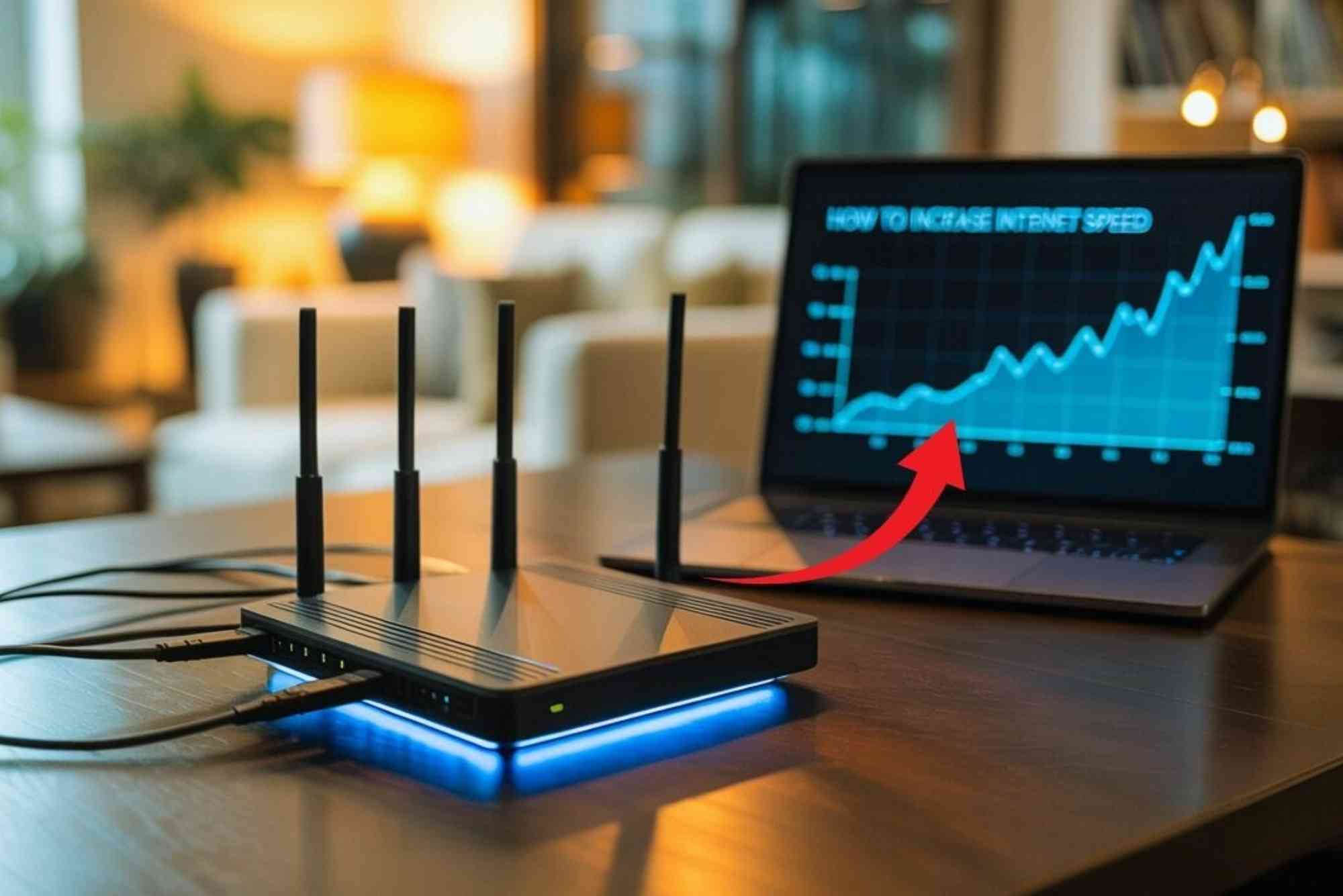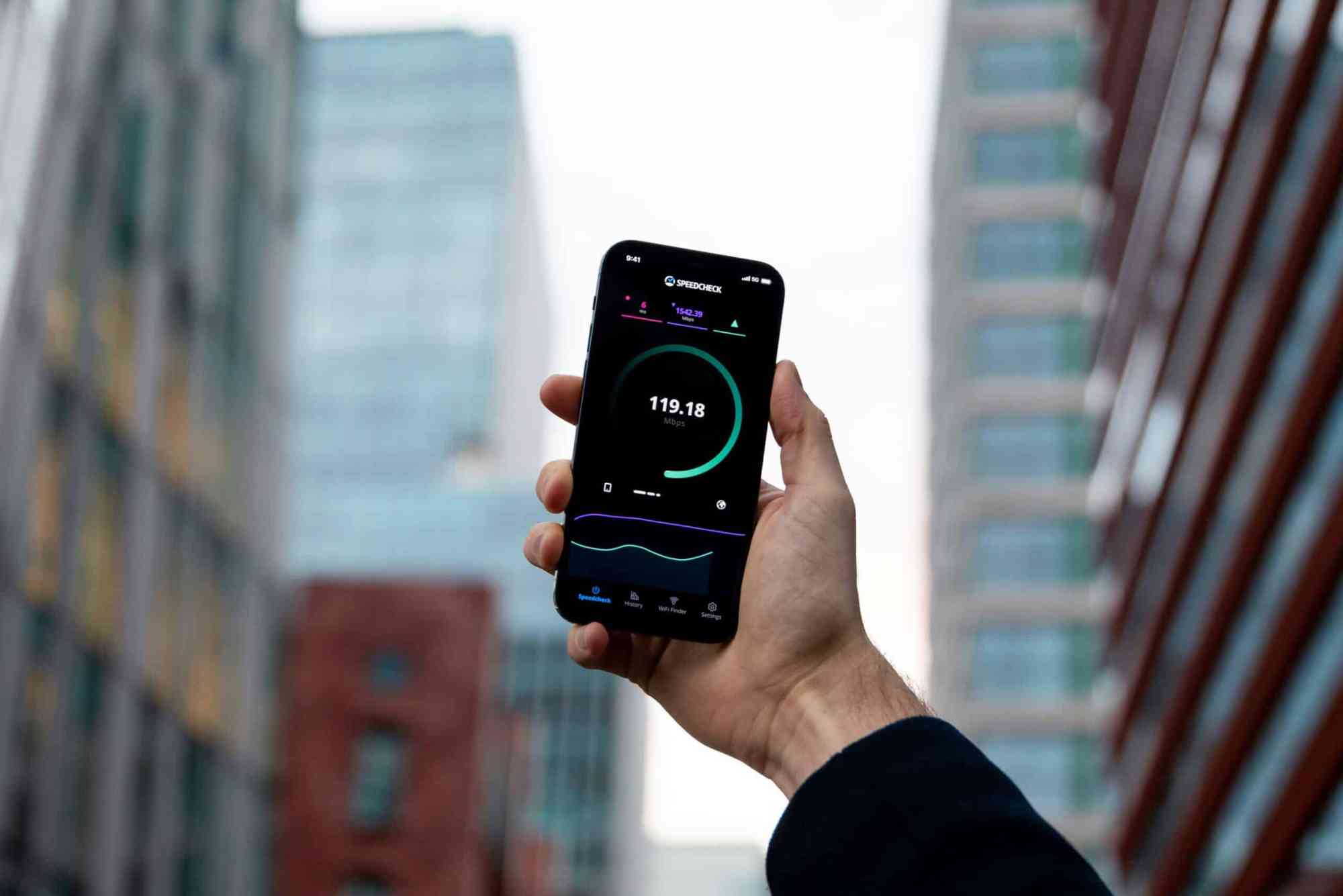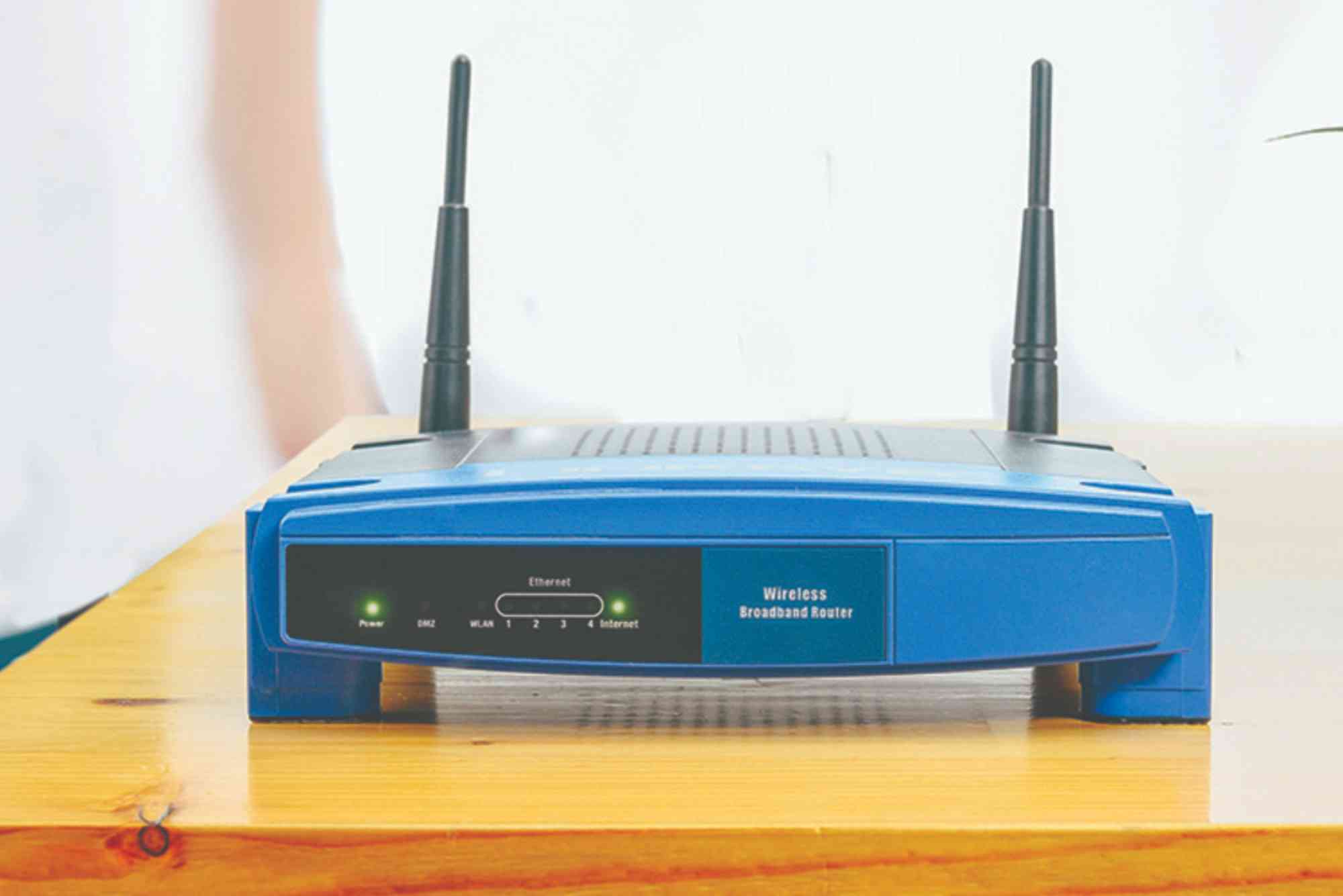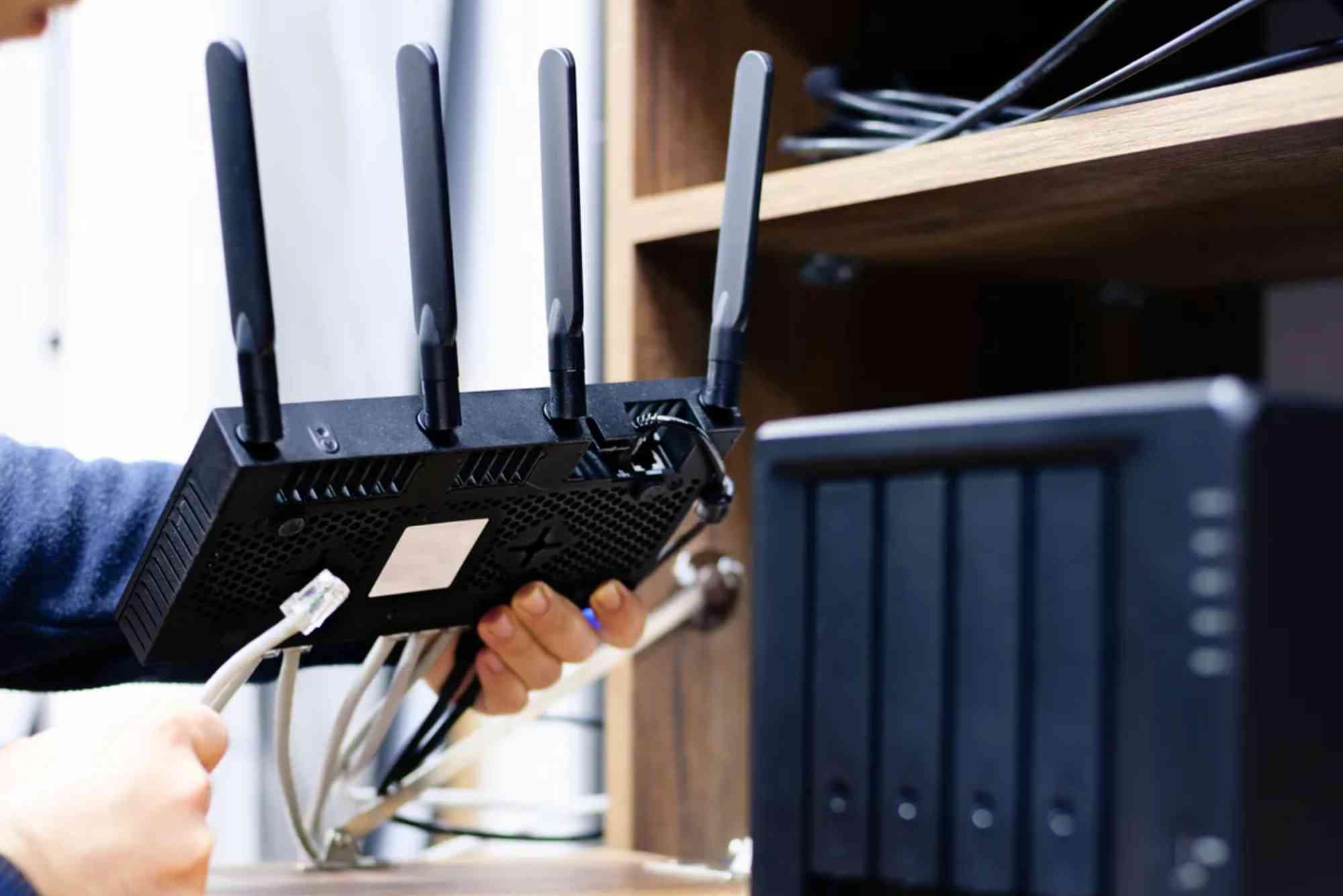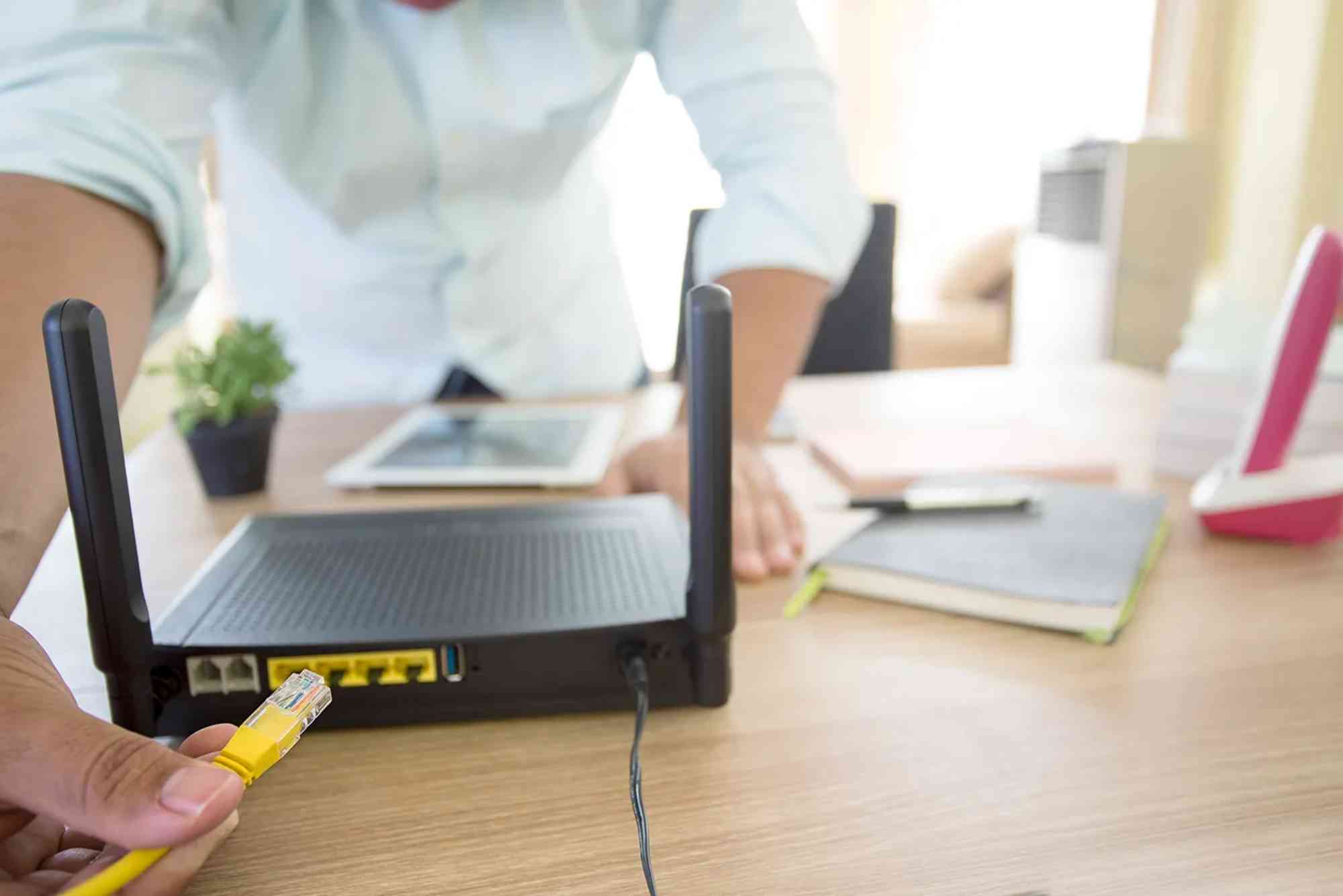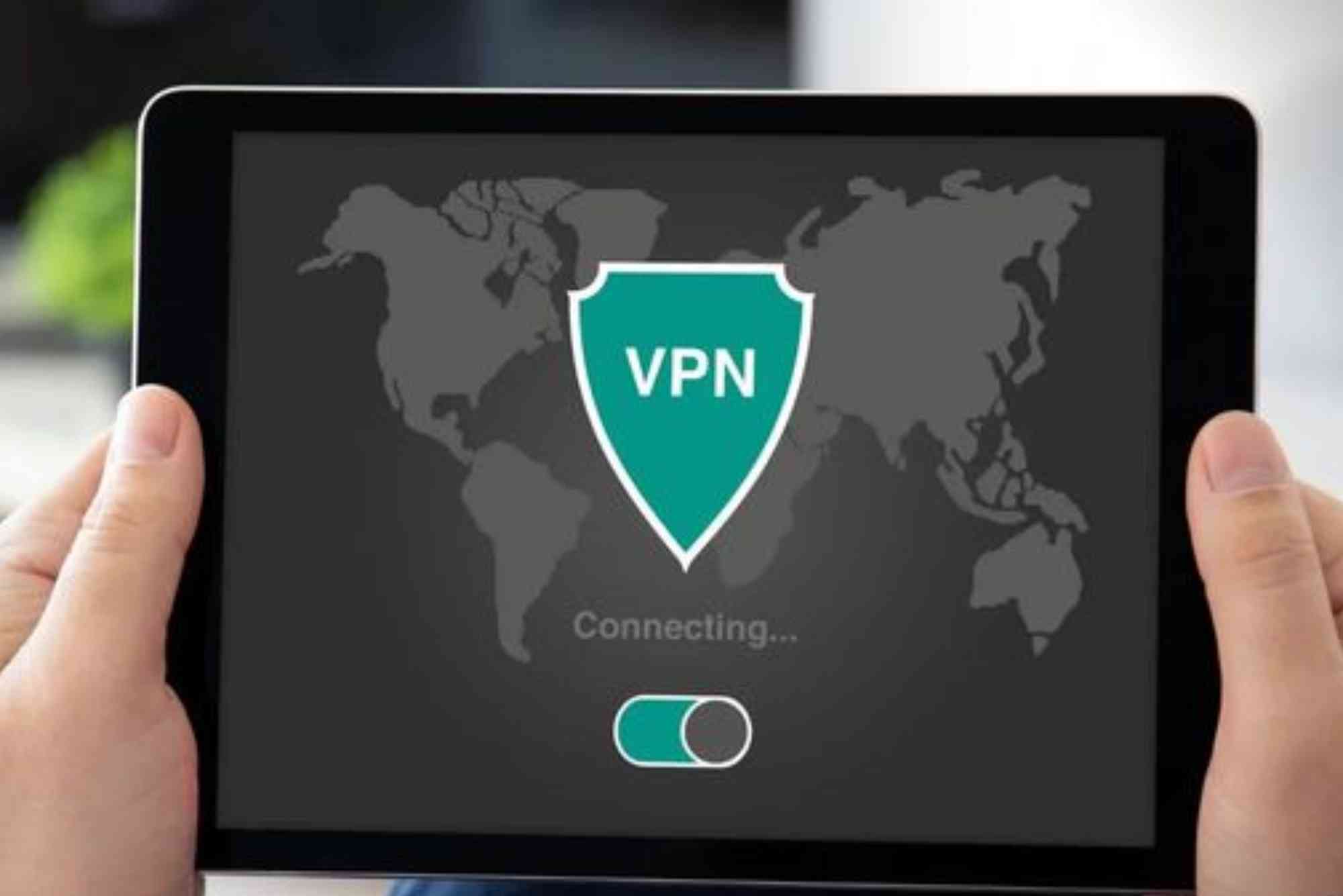What You Need to Know About Using VPNs for Torrenting
The internet has transformed the way we share and access content, and torrenting remains one of the most popular methods for downloading files quickly. However, torrenting comes with its risks—legal concerns, privacy issues, and security threats. That’s where a VPN comes in. Understanding VPN for torrenting: what to know before you start is essential for safe and efficient file sharing. This guide will cover everything you need, from how VPNs work to the best practices for torrenting safely.
Why People Use VPNs for Torrenting
Torrenting is a peer-to-peer (P2P) file-sharing process where multiple users exchange parts of a file, speeding up download times. While efficient, it exposes your IP address to everyone in the torrent swarm. This visibility creates privacy and legal concerns. A VPN hides your IP address, encrypts your traffic, and routes it through secure servers. Essentially, it allows you to torrent without leaving a digital footprint.
VPN for Torrenting: What to Know About Benefits
Protecting Your Privacy
When torrenting without a VPN, your ISP (Internet Service Provider) can see your activity. Some providers monitor torrent traffic and may throttle your connection or send warnings. A VPN ensures your torrenting is hidden behind encrypted traffic, making it almost impossible for outsiders to track.
Avoiding Bandwidth Throttling
Many ISPs slow down connections for users who download large files. With a VPN, your traffic is encrypted, so your ISP cannot differentiate between streaming, gaming, or torrenting. This means smoother and faster downloads.
Bypassing Geo-Restrictions
Certain torrent sites or content may be blocked in your country. A VPN allows you to connect to servers in different regions, bypassing these restrictions and expanding your access to content.
Enhancing Security
Torrenting from unknown sources can expose your system to malware. While a VPN doesn’t replace antivirus software, it adds an extra layer of protection by masking your identity and making it harder for malicious actors to target you directly.
Choosing the Right VPN for Torrenting: What to Know
Not all VPNs are designed with torrenting in mind. Choosing wisely makes the difference between safe downloads and potential issues.
No-Logs Policy
A VPN with a strict no-logs policy ensures your activities are not recorded. This is critical for torrenting, as it guarantees your history is not stored or shared.
Speed and Bandwidth
Torrenting requires high-speed connections. Select a VPN with optimized servers for P2P traffic and no bandwidth limits. Otherwise, your downloads may crawl.
Kill Switch Feature
This feature cuts your internet connection if your VPN connection drops. Without it, your real IP address could be exposed mid-download.
P2P-Optimized Servers
Some VPNs restrict torrenting. Always choose one that explicitly supports P2P file sharing. These servers are designed to handle torrent traffic more efficiently.
Jurisdiction of the VPN Provider
Consider where the VPN company is based. Countries with strong privacy laws are preferable, as they protect you from government surveillance or legal demands.
How VPNs Work During Torrenting
When you connect to a VPN, your internet traffic is encrypted and routed through a secure server. For torrenting, this means your ISP sees only encrypted data, not what you’re downloading. Other users in the torrent swarm see the VPN server’s IP, not your personal one. This process maintains anonymity and prevents direct tracking.
Legal Concerns Around Torrenting
It’s important to clarify: torrenting itself is not illegal. The legality depends on what you download. Open-source software, free music, and public domain movies are perfectly legal. Downloading copyrighted materials without permission, however, can lead to penalties. A VPN doesn’t make illegal activity legal—it only adds a layer of privacy. Always ensure you’re torrenting responsibly and within the law.
VPN for Torrenting: What to Know About Risks
Even with a VPN, torrenting isn’t without risks. Malicious files can still infect your device. Fake torrents may contain ransomware or spyware. VPNs protect your identity but don’t shield you from harmful content. Pairing your VPN with reliable antivirus software and exercising caution when selecting torrents is vital.
Practical Tips for Torrenting Safely with a VPN
Choose Verified Torrents
Many torrent sites have verified sections, showing files that have been checked by the community. Stick to these to avoid malware.
Keep Your VPN On at All Times
Disconnecting your VPN mid-download exposes your IP address. Always keep your VPN connected until the download is complete.
Use Trusted Torrent Clients
Apps like qBittorrent and Transmission are known for security and reliability. Avoid clients with unnecessary features that may compromise privacy.
Avoid Free VPNs
Free VPNs often come with data caps, slow speeds, and questionable logging practices. For torrenting, always invest in a premium VPN service.
Alternatives and Complementary Tools
While VPNs are the backbone of safe torrenting, you can combine them with other tools for even stronger protection. Proxy servers can mask your IP, but they lack encryption. Seedboxes, remote servers dedicated to torrenting, provide extra security but come at a cost. Ultimately, a VPN remains the most accessible and reliable option.
The Role of ISPs in Torrenting
Your ISP plays a major role in how smooth or difficult your torrenting experience is. Some ISPs aggressively throttle torrent traffic, while others block torrent sites altogether. Using a VPN helps bypass these restrictions, ensuring consistent speeds and uninterrupted access. If your ISP is too restrictive, switching to providers that support open internet access, such as Dhanote Internet Services, may also improve your experience.
VPN for Torrenting: What to Know About Setup
Installing and using a VPN for torrenting is simple. Most providers offer dedicated apps for desktop and mobile. After subscribing, download the app, log in, and connect to a server optimized for P2P. Always test the connection using an IP leak test before starting your torrent client. This ensures your real IP is fully masked.
Common Mistakes to Avoid
One common mistake is forgetting to enable the kill switch. Another is using a server in your own country, which doesn’t maximize privacy. Some users also forget to update their VPN client, missing out on important security patches. Avoiding these mistakes ensures smooth and secure torrenting.
Torrent Smarter, Not Riskier
Torrenting is a powerful way to share and access files, but it comes with risks that shouldn’t be ignored. By understanding VPN for torrenting: what to know, you can make smarter decisions that protect your privacy, keep your downloads secure, and ensure you avoid unnecessary trouble. From choosing a reliable VPN with a no-logs policy to practicing safe torrenting habits, every step counts toward a safer experience.
If you’re serious about torrenting safely, the best time to act is now. Get a trustworthy VPN, enable essential features like the kill switch, and download with confidence. Take control of your online privacy today and enjoy torrenting without worries.
FAQs
Do I really need a VPN for torrenting?
Yes, if you want to protect your privacy, avoid throttling, and stay secure while downloading files.
Can I use a free VPN for torrenting?
It’s not recommended. Free VPNs often log data, limit bandwidth, and lack robust security features.
Is torrenting legal with a VPN?
Torrenting legal files is always fine. Using a VPN doesn’t make illegal downloads legal.
Will a VPN slow down my torrenting speed?
A slight speed reduction is possible due to encryption, but good VPNs optimize for fast P2P performance.
How do I know if my VPN is working for torrenting?
Run an IP leak test and check if your torrent client shows the VPN server’s IP instead of your real one.

